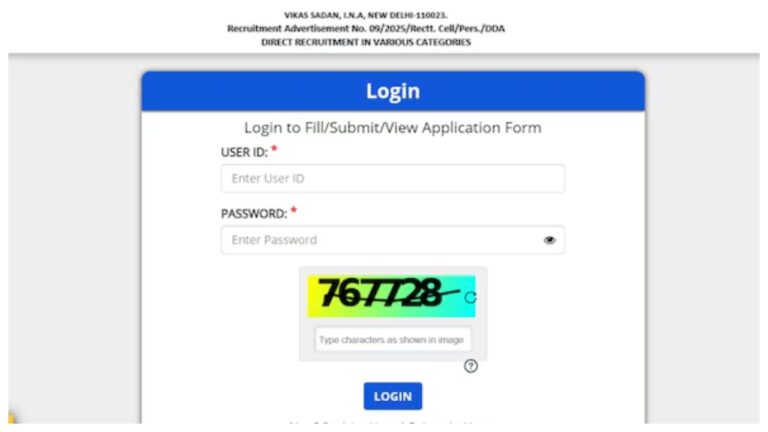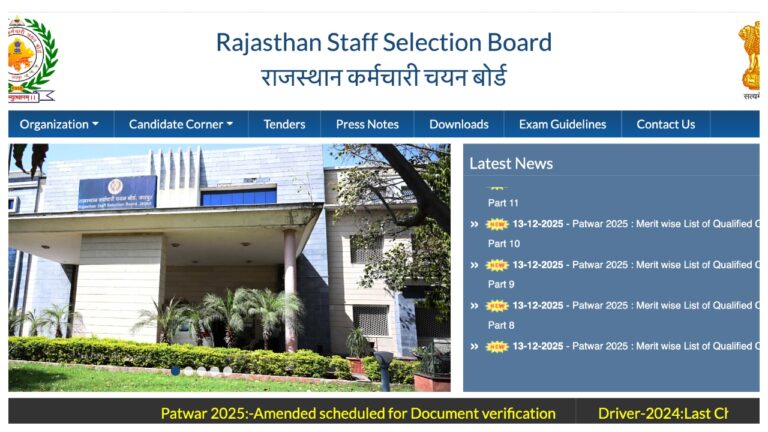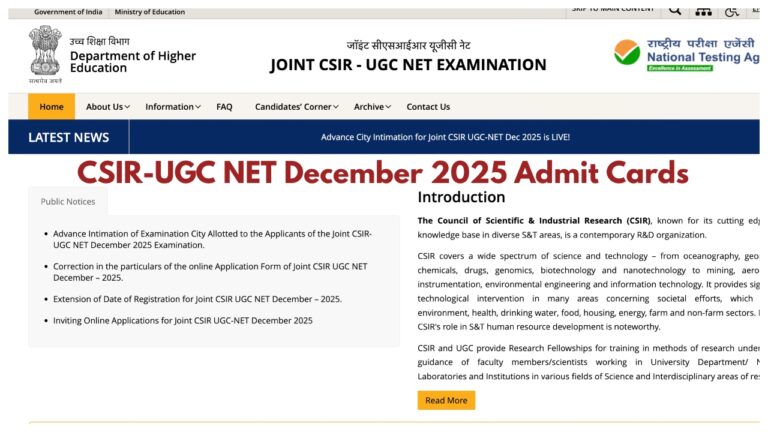Are you looking for a permanent and guaranteed source of income? If yes, then here’s great news for you! The Post Office Monthly Income Scheme (MIS) could be the best option for you. There is no risk involved, and you will receive a fixed amount of money in your bank account every month. By investing the money correctly, you will earn a fixed interest every month.
Why Trust the Post Office?
Whether in a village or city, post offices are widespread across India. Besides sending letters, the post office is now also a reliable option for financial security. One of the most popular schemes offered by the post office is the Monthly Income Scheme (MIS).
How Does the MIS Scheme Work?
Through various sources, it has been learned that by investing a certain amount in this scheme, you can earn a fixed interest deposited in your account every month. The best part is that the interest rate is 7.4% per annum.
How Much Will You Earn Based on Your Investment?
- If you invest ₹5 lakh, you will receive ₹3,083 per month.
- If you invest ₹7 lakh, you will receive ₹4,317 per month.
- If you invest ₹9 lakh, you will receive ₹5,550 per month.
- If you invest ₹15 lakh in a joint account, you will receive ₹9,320 per month.
How to Open an Account?
You can open an MIS account either individually or jointly. The minimum investment required is ₹1,500. The maximum investment limit for a single account is ₹9 lakh, and for a joint account, it is ₹15 lakh. You can also nominate a beneficiary, and in the event of your death, the nominee will receive the full amount. If needed, you can also transfer to the post office.
Who Can Open an MIS Account?
Any Indian citizen above the age of 18 can open an account under this scheme. There is absolutely no risk involved, making it an ideal option for senior citizens and retired individuals.
Be Cautious Before Investing
It’s important to be cautious before investing in any financial scheme. Always thoroughly check the terms, conditions, interest rates, and return policies before committing to an investment.










